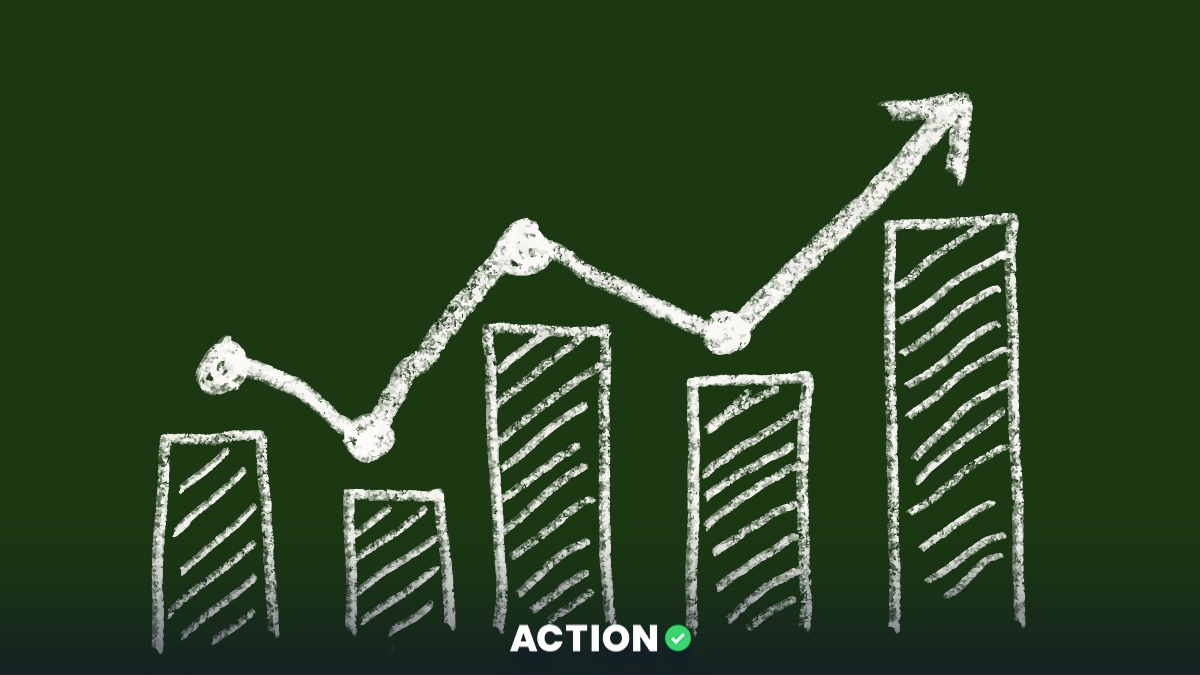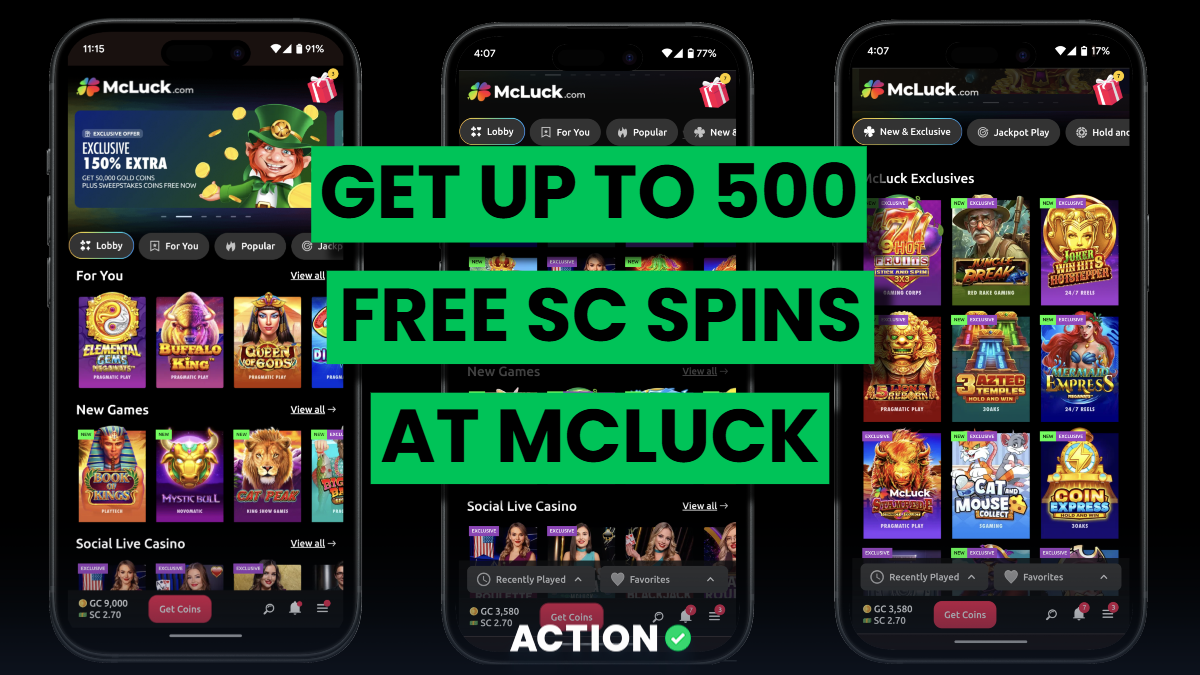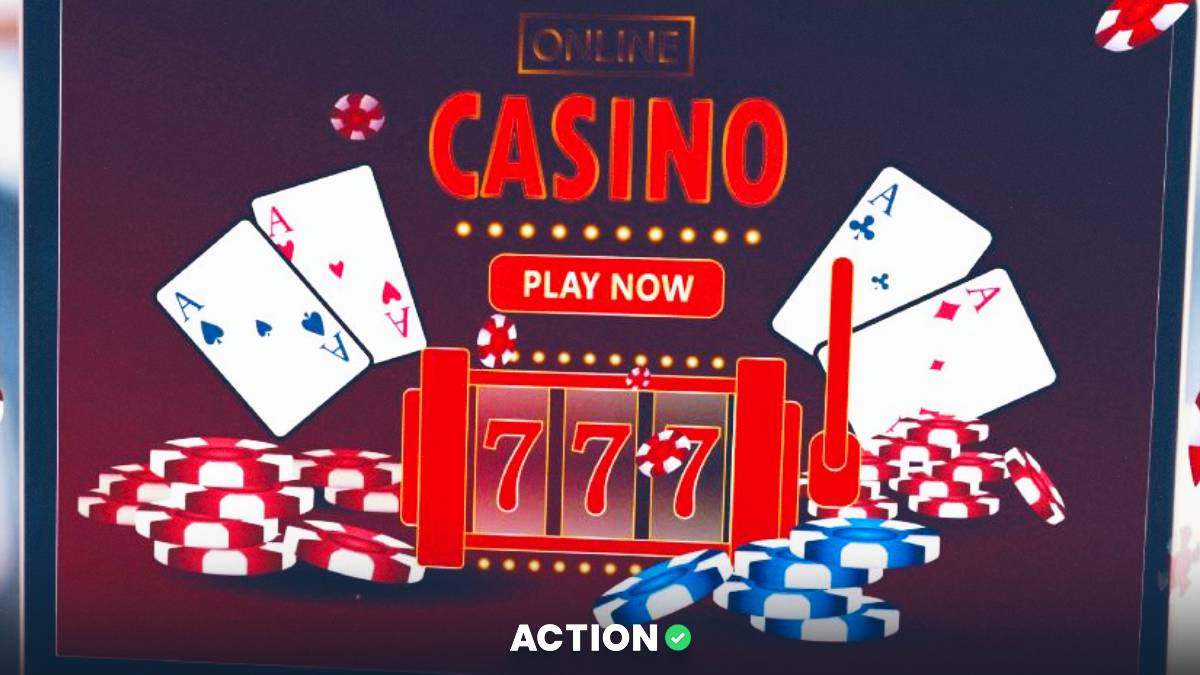No one expected this: the U.S. gaming industry is facing a big change.
DraftKings and FanDuel, two big names in online gaming, are promoting a new way to bet called prediction markets. These markets are seen more like financial tools than regular betting.
But this new approach has sparked many debates over how they should be controlled and regulated. As a result, the industry is now divided, with major disagreements about the future direction of gaming.
Why Did DraftKings and FanDuel Split From the American Gaming Association?
DraftKings and FanDuel, two major players in the online gaming world, are making headlines by resigning from the American Gaming Association (AGA).
This happened soon after FanDuel said it would give up its license to operate in Nevada. Nevada's gaming regulators made it clear they won't allow prediction markets for sports or entertainment events.
The decision came amidst a disagreement over the future of prediction markets. It also follows the company's announcement outlining the collaboration between FanDuel and CME Group on prediction markets.
The AGA stands firmly against these markets, arguing they sidestep traditional regulatory requirements. On the flip side, DraftKings and FanDuel see them as innovative financial tools that can breathe new life into sports event contracts.
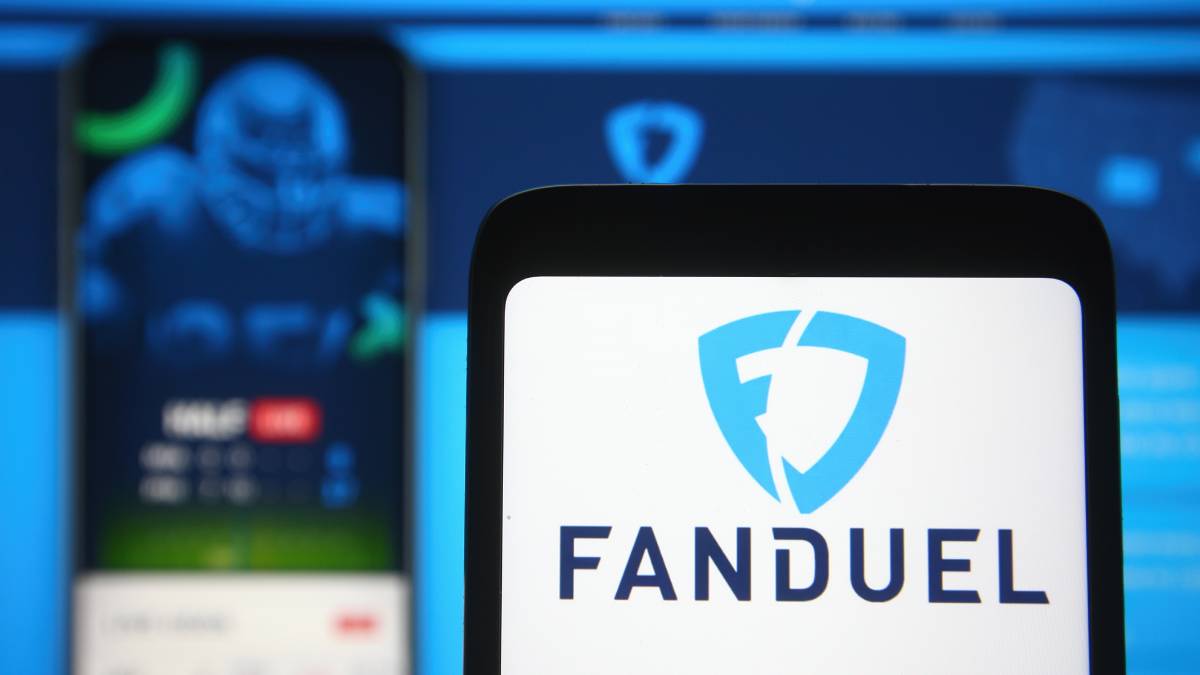
Understanding Prediction Markets
Prediction markets work like a financial exchange, offering contracts on future events that you can buy or sell. Here's how they differ from traditional sports betting:
- Binary Nature: They ask simple yes/no questions about future outcomes (e.g., "Will this team win?").
- Pricing as Probability: Prices range from $0.00 to $1.00, reflecting the market's belief in the event's likelihood.
- Peer-to-Peer Trading: You're trading contracts with other users, not betting against a house.
What Lies at the Heart of the Disagreement?
At the heart of this clash is regulation. Traditional sports betting is state-regulated, meaning it is subject to state taxes, licensing, and robust consumer protections. The AGA argues that prediction markets dodge state oversight, reducing tax revenue and consumer safeguards.
Here's where key states stand:
- Nevada: The Nevada Gaming Control Board moved decisively, forcing DraftKings and FanDuel out of the state, terming their prediction market offerings as unlawful.
- Massachusetts: Issued warnings and pursued legal action against prediction market operators.
- New York: Proposed legislation aims to ban prediction markets tied to sports events.
Other states like Ohio, Arizona, Michigan, and Illinois have issued warnings to licensed sportsbooks, indicating that playing in the prediction market could endanger their gaming licenses.
Where Will the Debate on Prediction Markets Go From Here?
The debate over federal versus state control is unfolding in courtrooms nationwide. Supporters of prediction markets argue that federal CFTC oversight should preempt state laws. State regulators counter that gambling regulation should remain a state matter, emphasizing consumer protection and tax implications.
Judicial opinions have been mixed, indicating that this legal standoff might eventually land in the U.S. Supreme Court, where a definitive ruling could set a national standard.
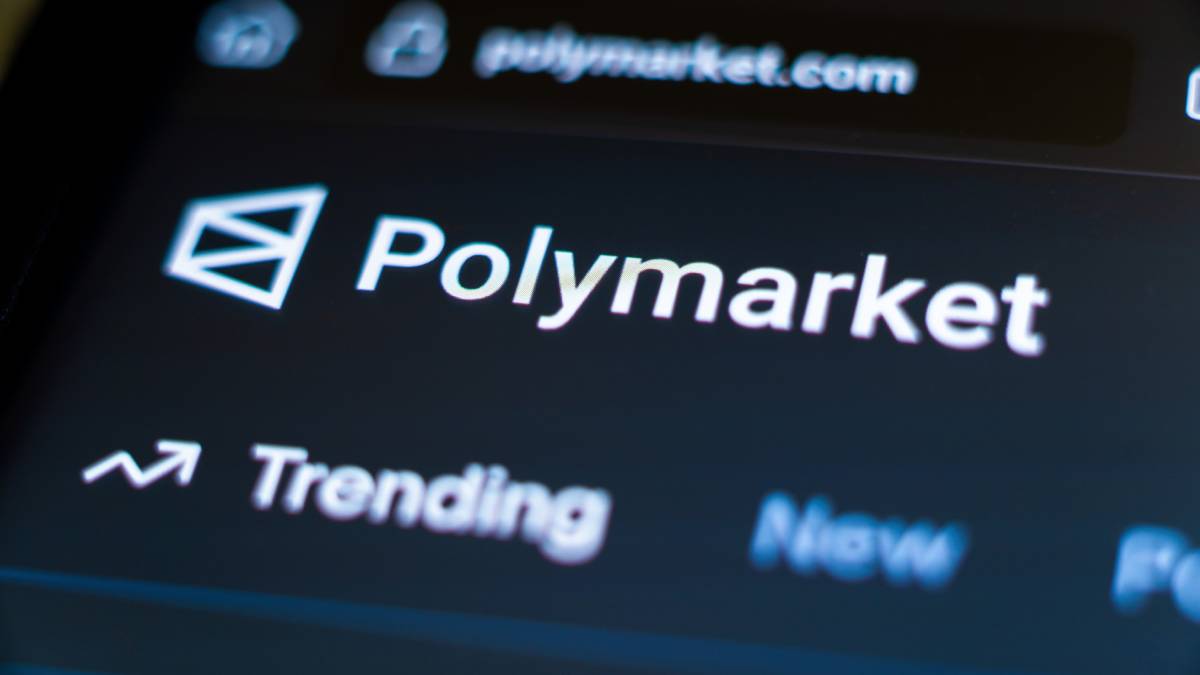
This division in the U.S. gaming industry signals a broader tension between innovation and regulation. As DraftKings and FanDuel push boundaries, established casino companies, largely aligned with the AGA, resist this shift to protect their existing business models and regulatory status quo.
This ongoing conflict could reshape the landscape of U.S. gaming, pitting innovation against tradition and raising critical questions about regulation, consumer protection, and the balance of state versus federal oversight. As these forces clash, the outcome could redefine what betting on sports looks like in the digital age.




